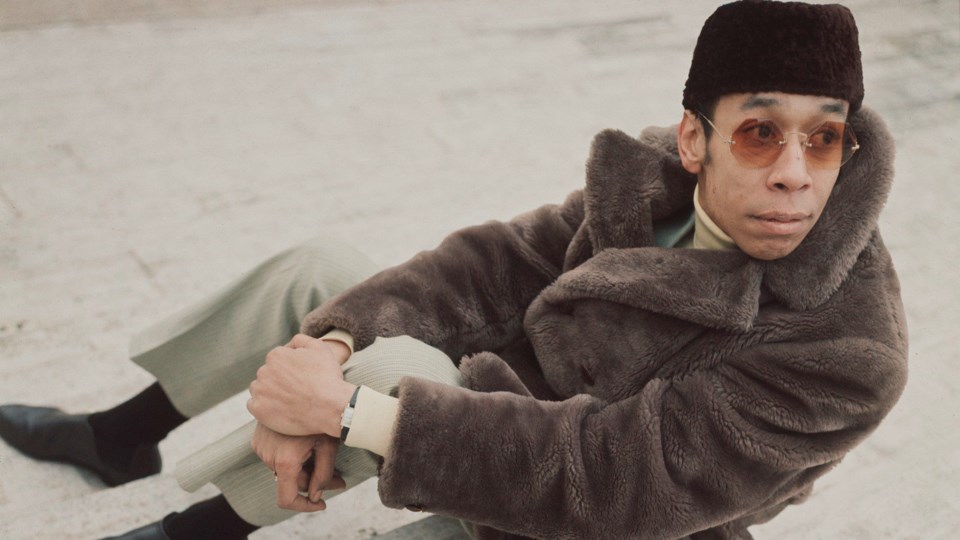The Vancouver International Film Festival runs until Oct. 14. Details at viff.org.
I Called Him Morgan
Oct. 6 at the Rio Theatre, Oct. 10 at International Village
Though he might not be as well-known as his contemporary Miles Davis, trumpeter Lee Morgan commands a sizable amount of respect in jazz circles for his astonishing output in the 1950s and ’60s — first as a teenage member of the Dizzy Gillespie Big Band and Art Blakey’s Jazz Messengers, then as a solo artist for Blue Note, where he recorded close to a dozen albums, including the 1963 classic The Sidewinder. Morgan’s narrative would take a familiar turn into drug addiction, destitution and perhaps obscurity if it weren’t for the support of Helen More. Morgan’s eventual common-law wife offered refuge and many a home-cooked meal to members of the New York jazz scene. And she was instrumental in rehabilitating the trumpeter and his ailing career, which, on a sad and strange footnote, ended on a winter’s night in 1972 when More shot Morgan in an East Village club where he was performing. Naturally, the tragic event haunts Kasper Collin’s moving documentary I Called Him Morgan and those who remember the trumpeter fondly, including cohorts Wayne Shorter, Paul West and Jymie Merritt. Working with a dusty tape recording of an unearthed interview More gave months prior to her death in 1996, Collin is able to shed light on the night in question as well as provide a more nuanced portrait of two fascinating and conflicted figures that goes beyond your typical musician biopic.
Two Trains Runnin’
Oct. 8 at the Rio, Oct. 12 at International Village.
It could be argued that there are actually three trains running through Sam Pollard’s documentary set primarily in Mississippi during the tumultuous summer of 1964. There’s the Volkswagen full of East Coast music nerds in search of the long-forgotten Delta bluesman Son House, simultaneously another carload of dudes from the West Coast, including guitarist John Fahey, looking for Son House contemporary Skip James, and a station wagon carrying three young men involved in the Civil Rights movement who had gone missing and were later found murdered. Although the tracks don’t actually converge until a performance at the Newport Folk Festival, they do intersect. With so many directions, each journey could have been its own film, and thus focus is a bit of an issue. And the inclusion of contemporary musicians covering old Delta blues songs, sometimes in amped-up, electrified fashion, occasionally feels out of place and overly slick, as does the film’s animated sequences and dramatic narration by Common. Nonetheless, such stylistic choices, although questionable, don’t detract from the compelling subject matter.



